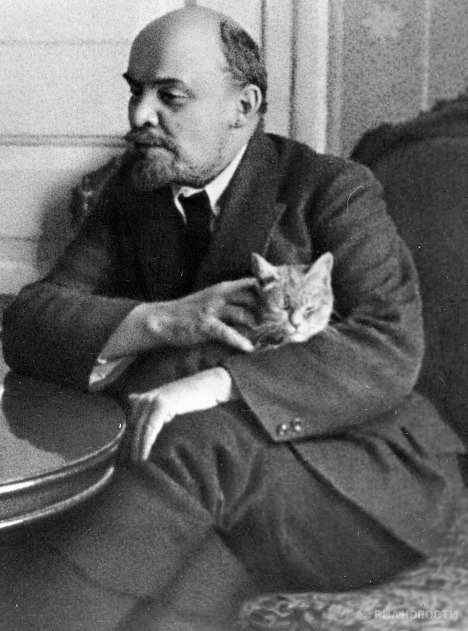Lars Lih
Lars T. Lih: ‘All Power to the Soviets’: a biography of a slogan

"All power to the soviets!"
On Marxism and melodrama: An interview with Lars Lih

Lars Lih has explored the political and theoretical relationships between Lenin and Karl Kautsky.
Socialism and the workers' movement: comments on Lars Lih on the narrative of their merger

Lars Lih.
By Jonathan Strauss

The following was presented by Paul Le Blanc to the "Organising fo
Paul Le Blanc: The great Lenin debate -- history and politics

Lenin "favoured an organisation that functioned like a democratic, cohesive, activist collectivity".
John Riddell: Lars Lih and Ben Lewis reveal Zinoviev at his best

Zinoviev and Martov: Head to Head in Halle
Edited by Ben Lewis and Lars T. Lih,
Lars Lih: Bolshevism and revolutionary social democracy

Lenin.
By Lars Lih
New voices and new views on revolutionary history

By John Riddell
May 28, 2012 -- Links International Journal of Socialist Renewal/johnriddell.wordpress.com -- Some familiar issues were addressed with originality and new vigour at the Historical Materialism conference in Toronto on May 11–13. Attendance at the three sessions on revolutionary history, organised by Abigail Bakan (Queen’s University), ranged between 30 and 75 of the 400 conference participants.
Given that eight of 11 presentations had a European focus, the discussions were opened fittingly by Montreal scholar Daria Dyakonova with a paper on a little-studied aspect of revolutionary history here in Canada: the birth of communism in Quebec.
The pioneers of this movement faced objective obstacles, including severe repression and formidable opposition by the Catholic Church. In addition, Dyakonova explained, “after Lenin and especially after 1929”, the Canadian Communist Party’s “policies were determined from Moscow”. The line dictated by the leadership of the Communist International (Comintern) was “often at odds with national or local needs”.